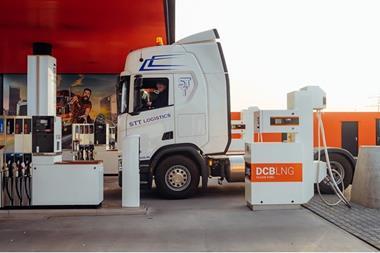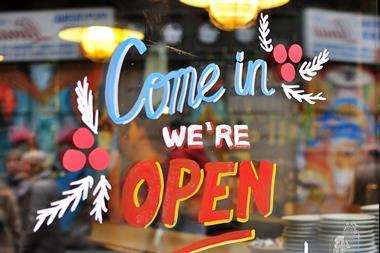
We have had such a plethora of regulation and guidance over the last four months, now those living in Leicester have the dubious honour of being subject to The Health Protection (Coronavirus, Restrictions) (Leicester) Regulations 2020.
On July 22, 2020 the Business and Planning Bill was enacted and so is now law. Please see my June 2020 article for more detail but in summary the Business and Planning Act 2020 introduces a new pavement licence and also extends on licences to provide off sales of alcohol to 11pm.
The government accepted amendments proposed by the House of Lords and two additional conditions will now apply to any pavement licence granted:
Non-obstruction condition
The Local Authority when determining an application must consider the needs of disabled people. A range of measures are set out to be considered to establish whether furniture proposed constitutes an obstruction.
Smoking condition
If there is to be a smoking area outside, the licence holder must make reasonable provision for seating where smoking is not permitted. One requirement is for licence holders to provide a minimum two-metre distance between non-smoking and smoking areas “if possible”.
The Welsh government is looking to go further by prohibiting all smoking in the areas outside pubs, cafes and restaurants and other specified premises. The view in Westminster is that this would go too far for the leisure sector.
Ancient history now but on July 18, 2020, the government granted local authorities new powers to respond to a “serious and imminent threat to public health” and to prevent COVID-19 transmission in a local authority’s area. These Regulations include powers for local authorities to:
restrict access to, or close, individual premises;
prohibit certain events (or types of event) from taking place;
restrict access to, or close, public outdoor places (or types of outdoor public places).
To make a direction under these Regulations a local authority needs to be satisfied that the following three conditions are met:
the direction responds to a serious and imminent threat to public health in the local authority’s area;
the direction is necessary to prevent, protect against, control or provide a public health response to the incidence or spread of infection of coronavirus in the local authority’s area;
the prohibitions, requirements or restrictions imposed by the direction are a proportionate means of achieving that purpose.
Before making a direction, local authorities will need to gather sufficient evidence to demonstrate that these tests have been met. This evidence may come from a range of sources, including Public Health England and the Police. A Local Authority must review a direction it has issued under the Regulations at least every seven days and determine whether the three conditions for making the direction continue to be met.
Premises
The Regulations prohibit the local authority from making directions in relation to premises which form part of “essential infrastructure”.
Examples of premises which would be protected include:
any facility or setting which produces, manufactures, distributes or sells food other than food retailers smaller than 280sqm (in smaller towns and villages, local authorities should ensure the exercise of this power does not prevent residents from accessing core food supplies);
commercial energy generation, distribution or importation infrastructure, including with respect to electricity, gas, oil, other heat sources (for example, wood), petrol and recharging stations.
Events
Local Authorities now have a new power to prohibit certain events (or types of event) from taking place. Before making a direction, the Local Authority must be satisfied that the Conditions apply. This could, for example, be where a Local Authority is aware of a planned event at which the numbers of people expected to seek to use a space, or the nature of a particular event, would make it unsafe due to coronavirus transmission.
Local Authorities would be expected, as a minimum, to:
gather the relevant evidence, such as the location of the event, disease prevalence and transmission rates in the area, and the risks associated with the event, including for example, the anticipated level of attendance and activities due to take place;
consult neighbouring authorities concerning use of the power;
engage with partners to ensure emergency services are aware of proposals and manage risk, including the risk that people may travel to other local spaces.
I would very much welcome feedback and suggestions on these issues or any areas you would like me to cover in future articles.
Email me at rbotkai@wslaw.co.uk
www.wslaw.co.uk

































No comments yet